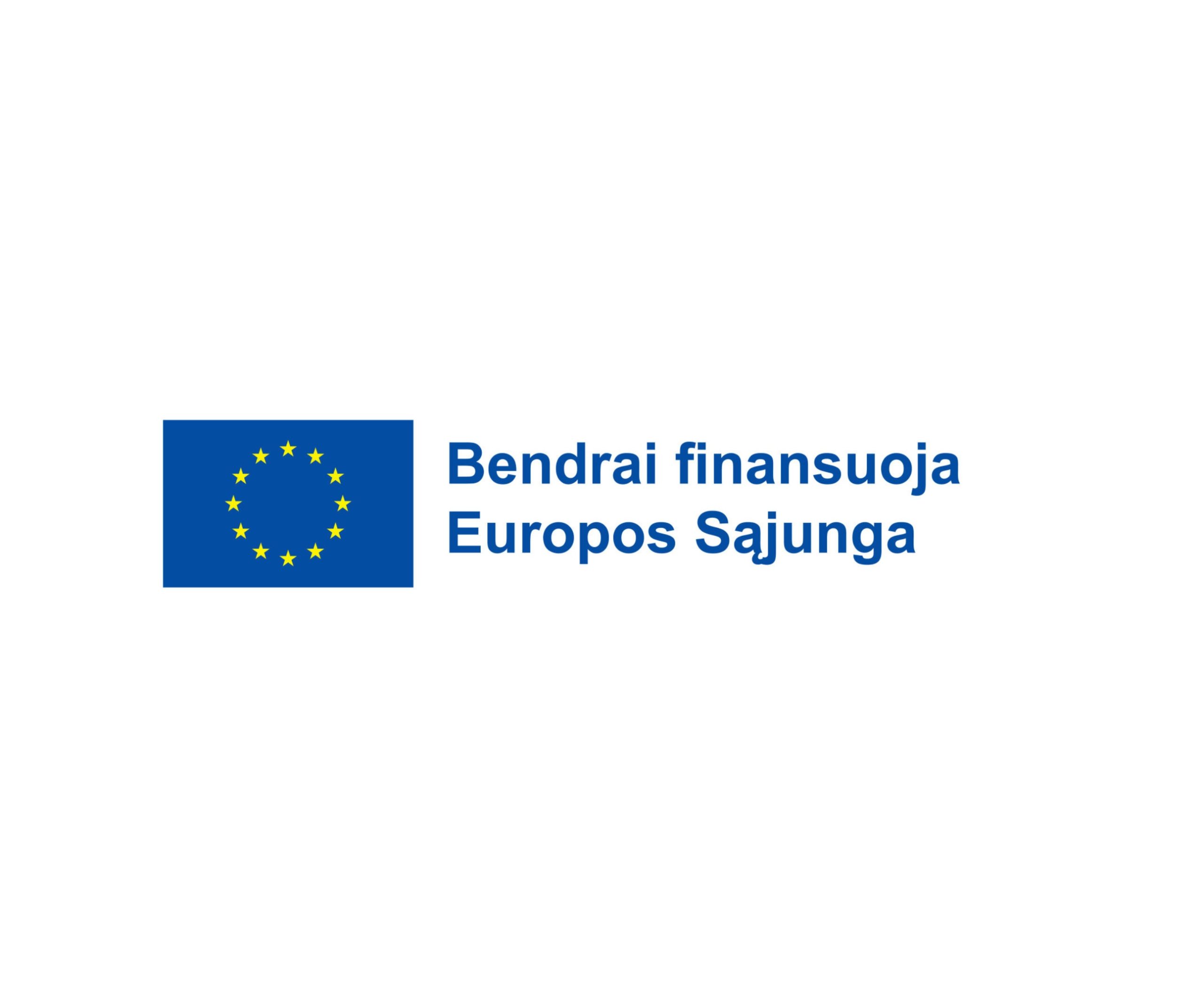Guiding youth towards independent living

The objective of the project “Guiding youth towards independent living” is to develop guidance services for young people who are preparing to leave or have recently left social care institutions.
Project Activities:
- Development of guidance services for young people preparing to leave or recently leaving social care institutions in the Capital Region.
- Development of guidance services for young people preparing to leave or recently leaving social care institutions in the Central and Western Lithuania Region.
Target Group:
The project is aimed at young adults (up to 24 years old) who are either currently in social care institutions or have previously received social care services. The provision of guidance services will be determined in accordance with the Guidance Service Recommendations.
Project Scope:
- Target beneficiaries: 300 individuals
- Project duration: January 17, 2025 – January 17, 2029
- Total funding: €3,922,222.41
The project is funded by the European Social Fund+ and co-financed by the European Union’s structural support for 2021–2027.
About the Project
Municipalities and social care institutions are making efforts to help young people who are receiving or have received social care in a social care institution integrate into the community. However, these efforts remain insufficient, as there are still young people leaving social care institutions who struggle to integrate into the community, assess their ability to live independently, and request aftercare services.
According to a survey conducted at the beginning of 2023 by the Social Services Group of the Ministry of Social Security and Labour of the Republic of Lithuania on the organization and implementation of aftercare services for young people, as well as a survey of social care institutions regarding the preparation of young people in these institutions for independent living in the community, the report published on May 31, 2023 (hereinafter referred to as the “Survey”) revealed that at the beginning of 2023, 6.8 thousand children were in care in Lithuania. Of these, 1.3 thousand were placed in social care institutions, including community-based children’s homes and children’s social care homes.
Young people living in social care institutions begin their preparation for independent living while still residing in these institutions. A total of 61 social care institutions from 50 municipalities participated in the survey regarding the preparation of young people for independent living. Among them, 10 institutions indicated that they start preparing young people for independent living from the age of 14, 17 institutions from the age of 15, 12 institutions from the age of 16, and 8 institutions from the moment the child is placed in the care institution. The remaining institutions reported that they begin preparation based on the young person’s level of independence, while some institutions only initiate independent living preparation from the age of 18 by providing aftercare services.
The survey results showed that 27 institutions start preparing young people for independent living in a timely manner, while the others delay the process. As a result, many young people begin their independent lives unprepared, making everyday tasks such as registering for a doctor’s appointment, managing expenses, assessing the cost of goods and services, paying utility bills, or maintaining a household a significant challenge.
Through the provision of aftercare services, each young person will have an individual independent living plan developed and reviewed periodically. In addition to a social inclusion coordinator responsible for service delivery, additional specialists such as psychologists and social pedagogues will be engaged based on the needs of each young person. The services will emphasize developing independence (e.g., grocery shopping, cooking, time management, self-care), financial literacy (e.g., understanding prices, budgeting, using personal allowances, online banking), digital skills (e.g., using public transport apps), familiarization with different institutions and their services, career guidance, and other relevant aspects for the young person.
It is important to highlight that the aftercare service aims to ensure that each young person has a “trusted person” with whom they can share their problems, be heard, and develop a sense of attachment. This approach will help create a stable and positive emotional environment, making the transition to independent living smoother.




